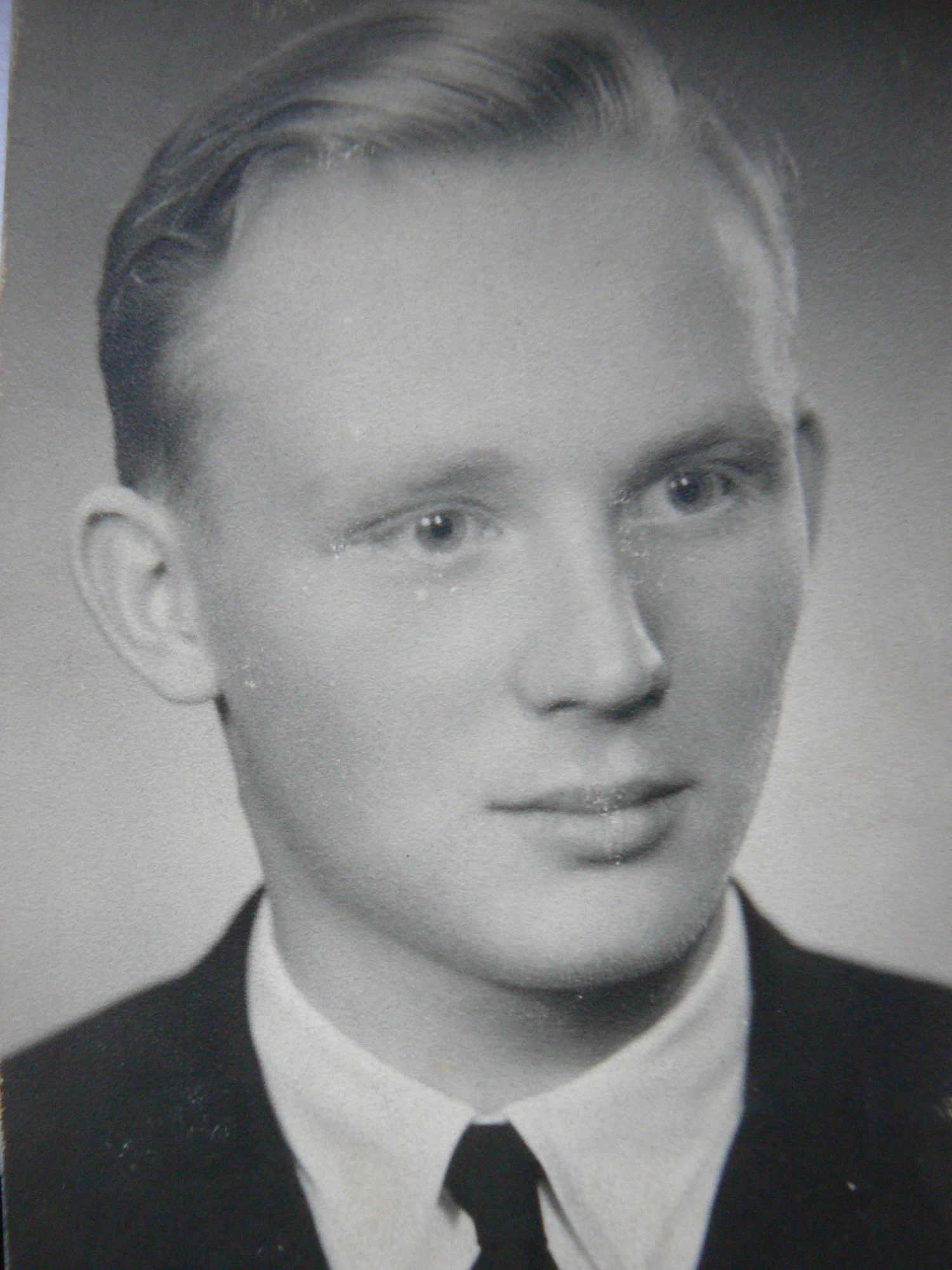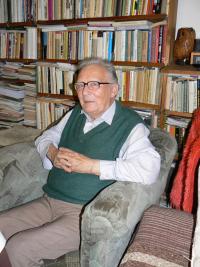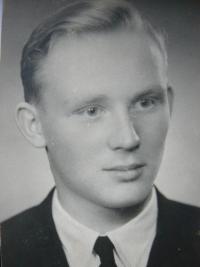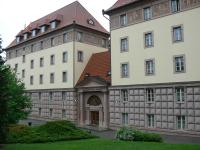Professor Hladký talked me out of the scholarship in Germany and convinced me to gather intelligence for the resistance
Prof. PhDr. Milan Jelínek, CSc., was born on 22 June 1923 in Brno. He studied at a state grammar school in Brno, becoming a favourite of the mathematics teacher RNDr. Konstantin Ivanovič Hladký. After graduating in 1942 he was offered the opportunity to study medicine in Munich, but Mr Hladký did recommend him to accept the offer. In September 1942 Milan Jelínek was drafted into forced labour and sent to Austria to Wiener Neudorf, where he worked as a clerk in the Fluchtwerke factory. Mr Hladký had previously convinced Milan Jelínek to join the resistance group Lípa (Lime Tree), which he had established in Zbrojovka Brno (an arms manufacturing plant). Milan Jelínek was to create a resistance group in Wiener Neudorf and connect it to the South Moravian group. His tasks further included securing accommodation for two military experts, who were to teach the group how to destroy railway lines, and to gather intelligence regarding the whereabouts of the German army and to pass this on to his Brno colleagues. However, the Gestapo uncovered the Brno resistance group and arrested its members. In early May 1944 in Wiener Neudorf, Milan Jelínek was also arrested. He was interrogated at the Kounic Hall (formerly a student hall of residence) in Brno and then taken to Wrocław. The court passed down a death sentence, but the Soviet offensive in January 1945 stopped the punishment from taking place. In late January the prisoners were evacuated to Dresden, then to Waldheim, Plauen, and on 22 March 1945 to the prison in Reichenbach. It was there that Milan Jelínek was finally liberated, in early May 1945, after which he returned to his homeland. After the war he graduated in Czech, Russian, and Serbo-Croatian, and he became a prominent Czech linguist and Bohemist. He lectured on Czech language at the Faculty of Arts of Masaryk University in Brno. His published titles include O jazyku a stylu novin (On the Language and Style of Newspapers; Praha, 1957), Jak kulturně mluvit a číst (How to Speak and Read with Culture; Praha, 1960), Stylistické studie (Studies in Style; Praha, 1974), Český jazyk a jeho užití v propagačních textech (Czech Language and its Use in Propaganda; Brno, 1989), or Argumentace a umění komunikovat (Argumentation and the Art of Communication; Brno, 1999). Milan Jelínek died on 30 January 2014.




